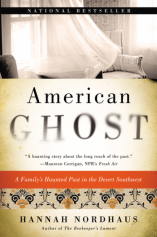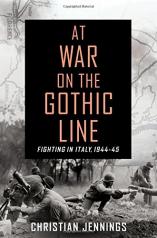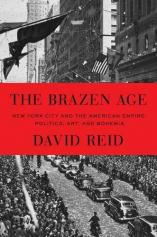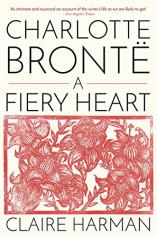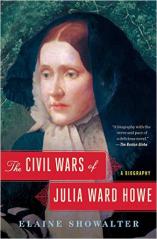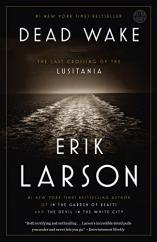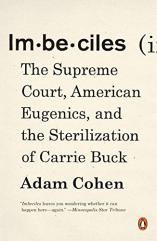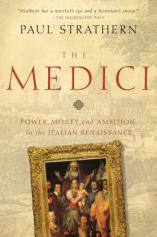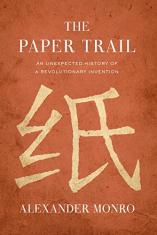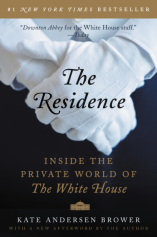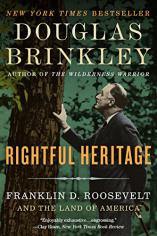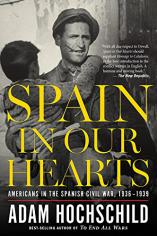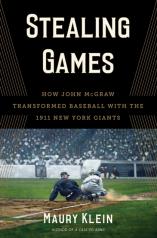March 2016
History Books Roundup: Reliving the Past
March 2016

March's roundup of History titles includes RIGHTFUL HERITAGE, in which Douglas Brinkley chronicles FDR's essential yet under-sung legacy as the founder of the Civilian Conservation Corps (CCC) and premier protector of America’s public lands; David Reid's THE BRAZEN AGE, an unparalleled look at the extraordinarily rich culture and turbulent politics of New York City between the years 1945 and 1950; STEALING GAMES, in which Maury Klein explains how the 1911 New York Giants (a team that stole an astonishing 347 bases, a record that still stands more than a century later) embodied a rapidly changing America on the cusp of a faster, more frenetic pace of life; and THE PAPER TRAIL by Alexander Monro, a sweeping and richly detailed history that tells the fascinating story of how paper --- the simple Chinese invention of 2,000 years ago --- wrapped itself around our world.

